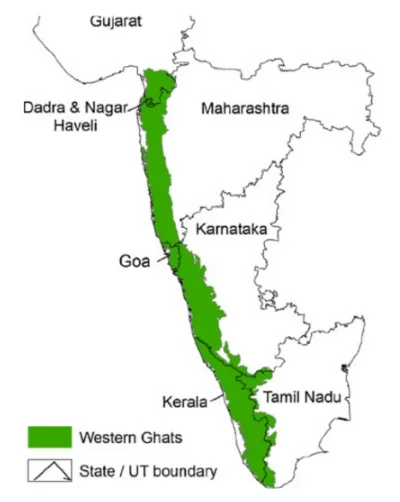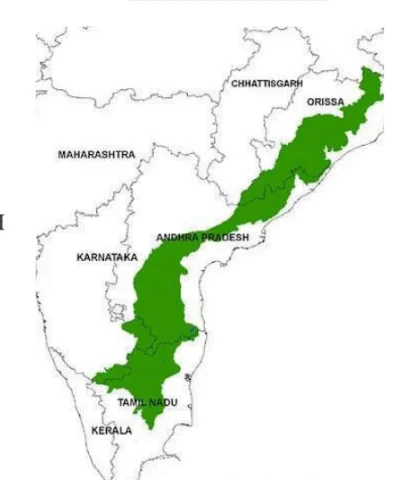![]() May 4, 2024
May 4, 2024
![]() 24102
24102
![]() 0
0
The Western and Eastern Ghats of India are two significant mountain ranges with distinct features and biodiversity. The Western Ghats, known locally as Sahyadri, Nilgiri Hills, Anaimalai Hills, and Cardamom Hills, boast high peaks, lush forests, and exceptional biodiversity. In contrast, the Eastern Ghats, running parallel to the Bay of Bengal, showcase diverse forests, including dry evergreen and tropical deciduous, along with a rich variety of flora and fauna.


|
| Must Read | |
| Current Affairs | Editorial Analysis |
| Upsc Notes | Upsc Blogs |
| NCERT Notes | Free Main Answer Writing |
Conclusion
| Related Articles | |
| BIODIVERSITY | India’s Monsoon Climate |
| Indian Geography: Location and Overview | Indian Weather Seasons |
<div class="new-fform">
</div>

Latest Comments